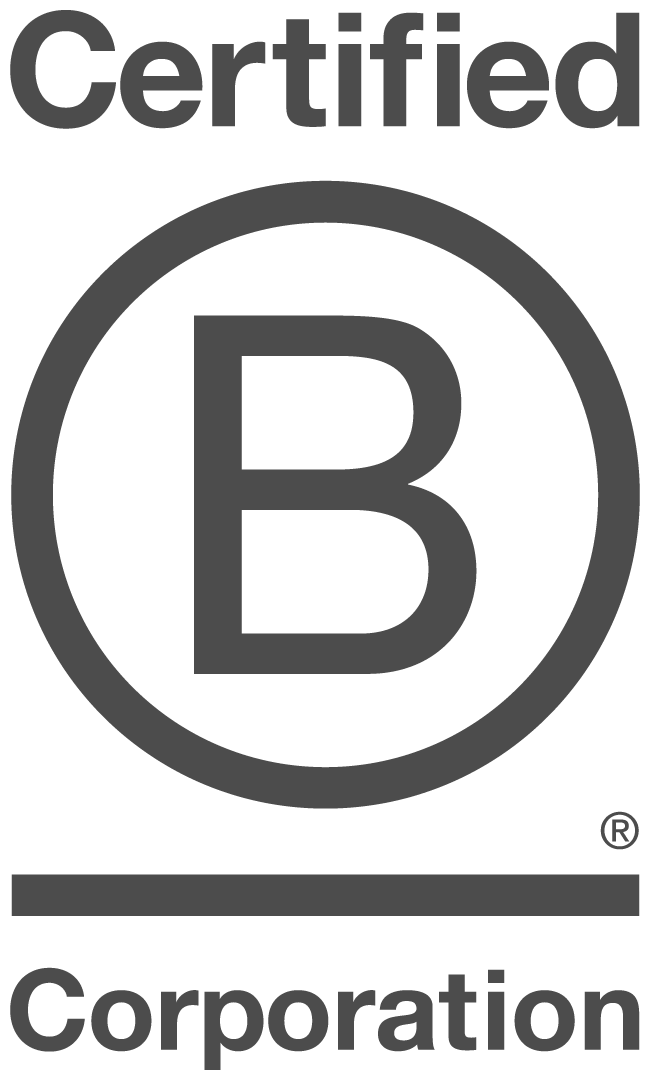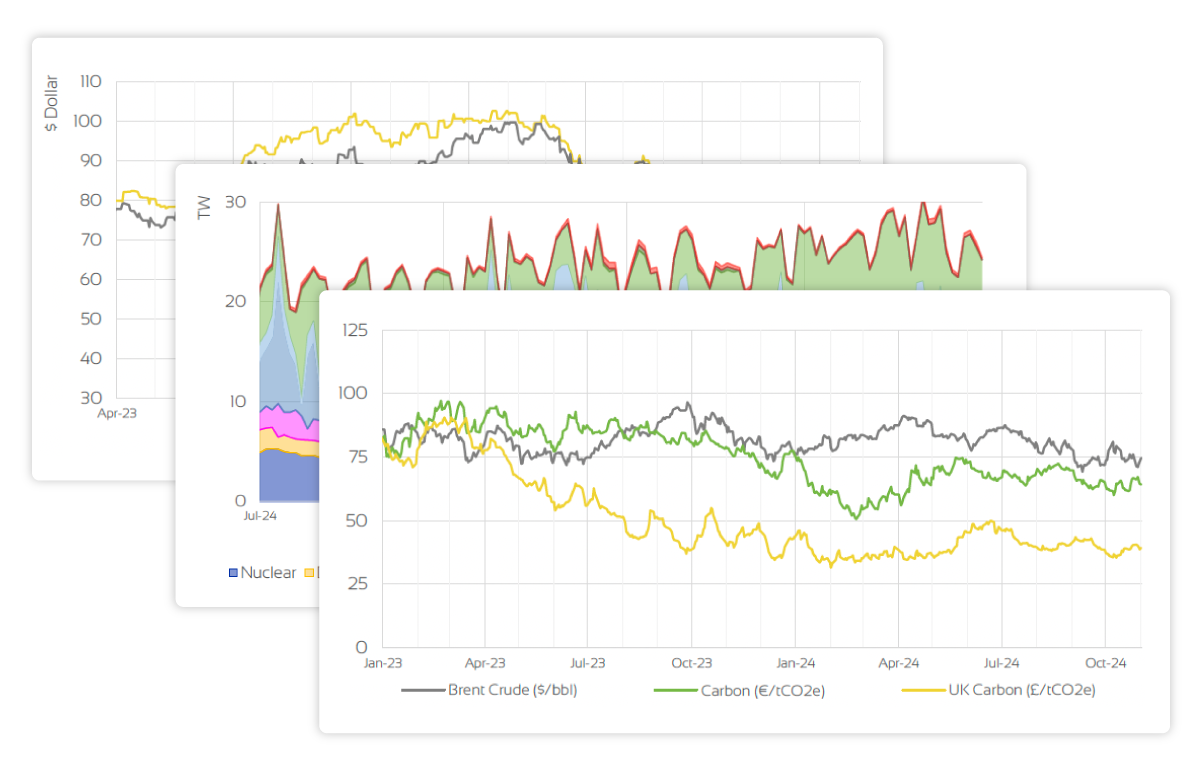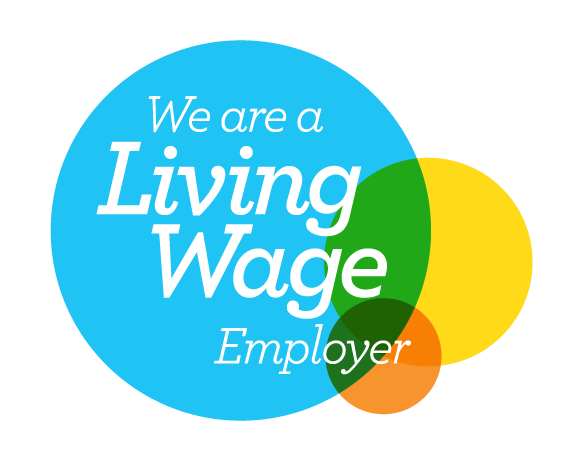Navigating challenges in energy procurement
A Q&A guide with David Schofield, Optimised’s Head of Energy Procurement
Q: What is energy procurement and how does Optimised help clients?
A: Energy procurement is the process by which businesses and organisations purchase energy (such as electricity and gas) to meet their operational needs. This involves selecting the right suppliers, negotiating contracts, managing energy costs, to ensure cost efficiency and sustainability. Effective energy procurement helps organisations navigate market volatility, reduce risks, and achieve both financial and environmental goals.
Optimised helps clients by offering a comprehensive, tailored approach to energy procurement. With a deep understanding of the energy market, Optimised works closely with clients to assess their unique needs, such as risk appetite, budget goals, and sustainability targets. Using this information, Optimised designs procurement strategies that align with each client’s objectives.
Through tools like fixed-price contracts for budget certainty and flexible energy solutions that allow businesses to adapt to market changes, Optimised ensures clients receive competitive pricing and manage risks effectively. Additionally, Optimised can help organisations explore corporate Power Purchase Agreements (PPAs), which can align their energy procurement with long-term sustainability goals, providing clean, renewable energy options at predictable prices.
By leveraging market expertise, risk management strategies, and innovative solutions, Optimised empowers businesses to make informed decisions and their energy procurement, resulting in reduced energy costs and improved sustainability outcomes.
Q:
What are the main challenges in energy procurement today?
A: One of the biggest challenges in energy procurement today is managing energy costs in an increasingly volatile market. With energy prices reaching historic highs in recent years, organisations are struggling to control their energy expenses and mitigate financial risks. Addressing market volatility and reducing exposure to unpredictable energy prices is a top priority for many businesses looking to stay competitive and budget conscious.
Q: How can organisations effectively manage energy procurement?
A: To manage energy procurement effectively, businesses often use a combination of strategies. Fixed-price contracts, which offer predictable energy costs, are a popular choice for organisations prioritising budget stability. Meanwhile, flexible energy contracts allow businesses to adjust their procurement strategies as market conditions change. Additionally, corporate Power Purchase Agreements (PPAs) are becoming a key tool for organisations aiming to align their energy procurement with their sustainability goals while securing long-term energy prices.
SUBSCRIBE TO OUR
ENERGY MARKET INSIGHTS
Stay informed with monthly energy market updates from Optimised's expert analysts. Sign up for trends, analysis, and actionable insights straight to your inbox.
- Expert Insights: Get professional guidance on market shifts and trends to support smarter business decisions.
- Cost Management: Learn how market dynamics impact prices and uncover cost-saving opportunities.
- Timely Updates: Stay ahead with forecasts, regulatory news, and key energy market insights.
- Competitive Edge: Gain the knowledge to adapt and outpace competitors in a changing market.
Q: What role does risk management play in energy procurement strategies?
A: Risk management is essential in energy procurement. Organisations must assess their risk appetite—whether they prioritise budget certainty or are willing to accept price volatility for potential cost savings. Based on this assessment, businesses can develop a tailored risk management strategy that guides energy purchasing decisions and determines the best approach for market engagement, balancing energy price risks and cost flexibility.
Q: What steps are involved in developing an effective energy procurement strategy?
A: Developing a successful energy procurement strategy involves several key steps. First, businesses must clearly define their priorities, such as cost predictability, sustainability, or minimising market risks. Next, a risk management plan is created, considering factors such as market trends and energy price forecasts. Finally, organisations evaluate market conditions and implement an agreed purchasing strategy that aligns with their overall goals, encapsulating areas such as cost-efficiency and long-term sustainability.
Q: Why is understanding an organisation's risk appetite important in energy procurement?
A: Understanding an organisation’s risk appetite is critical for aligning the procurement strategy with business objectives. Some organisations may prioritise budget stability and fixed prices, while others are willing to take on more market risk in exchange for potentially lower energy costs. By understanding the organisation's risk tolerance, businesses can tailor their energy procurement strategy to achieve the best balance of cost, flexibility, and sustainability.

Article by David Schofield
Head of Procurement & Trading, Utility Management
David leads our Trading, Risk and Procurement team at Optimised, overseeing our team of energy & water traders, risk management and market analysts in the delivery of risk services to approximately £750m energy spend under management. David holds of wealth of industry knowledge, spanning his career in the field and having previously worked for a big 6 utility supplier within the client forecasting function.
BOOK YOUR 30-MINUTE ENERGY MANAGEMENT CONSULTATION
Fill in your details below to arrange a complimentary consultation with one of our experts. They will give you bespoke advice to help your business achieve all its energy needs, reducing cost, consumption and carbon.











